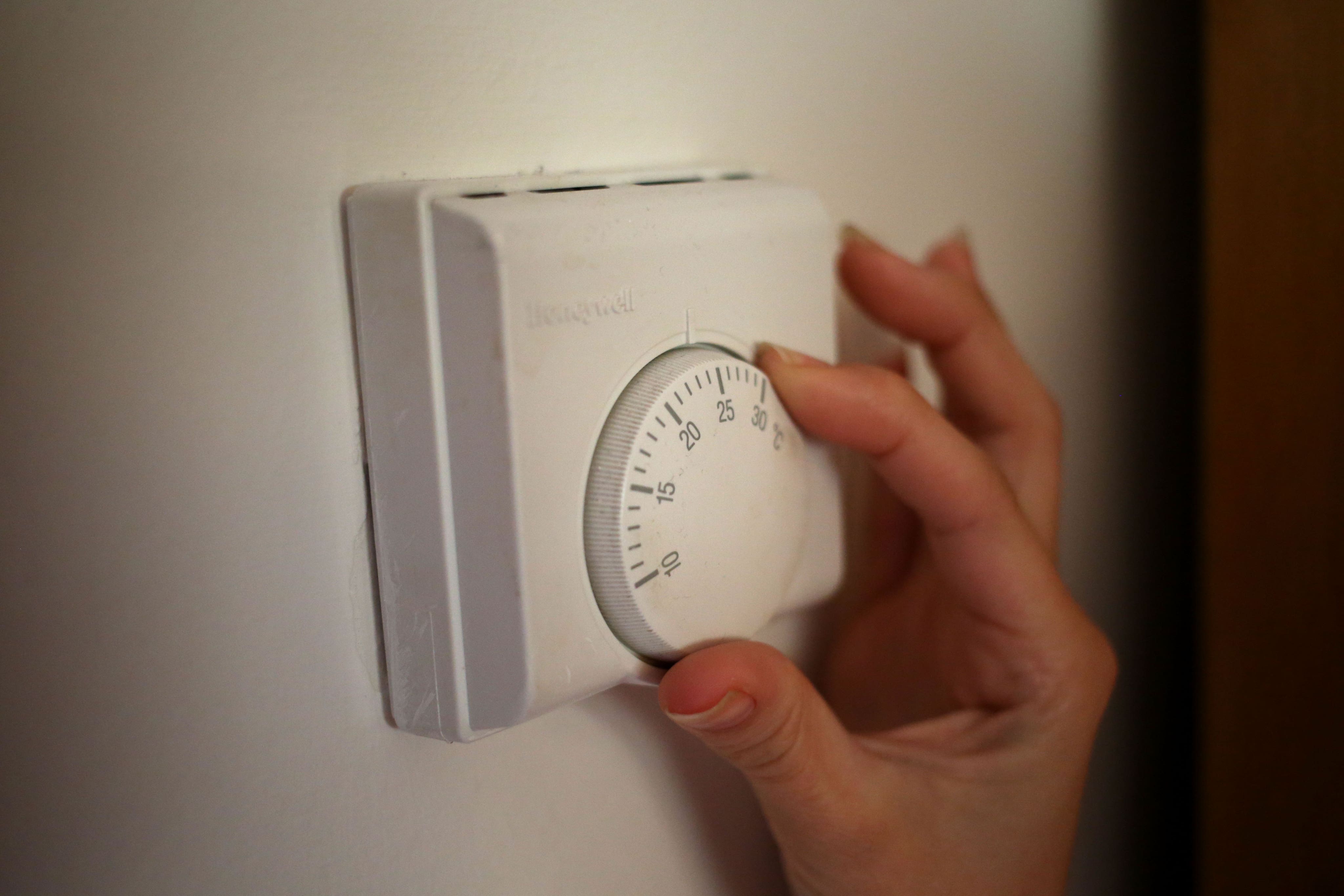SNP calls for 20% cut to energy bills
UK government says it would be irresponsible to plan fiscal policy on current ‘volatile prices’

The SNP has called on the UK government to slash energy bills by at least 20 per cent this year, claiming “households are being forced to pay through the roof for Westminster failures”.
Ofgem, the independent regulator for the British energy market, confirmed the energy-price cap – which changes every three months – rose by 20 per cent to £4,279 in January this year.
UK households are, however, shielded by the UK Government’s Energy Price Guarantee (EPG), which limits how much the typical household pays for its wholesale energy, reducing the average annual bill to £2,500. In April this year, however, this limit is set to rise to £3,000.
SNP Westminster leader Stephen Flynn has called on the UK Government to instead cut energy bills by 20 per cent from April as the wholesale price of gas falls.
Mild weather in Europe in recent weeks has reduced gas demand and left reserves in storage facilities in Europe at higher levels than previously expected.
New analysis, produced for the SNP, claims there has been a 59 per cent decrease in the wholesale price of gas since the EPG was introduced in October last year.
The research said with the forecast cost to the Treasury of the EPG falling from £42 billion to £37 billion, and further reductions likely if the price of gas continues to fall, savings can be passed onto households.
The UK Government, however, said prices are volatile and can “increase as fast as they fall”, adding it would not be sensible to assume that projected savings now would be realised.
The SNP call comes as BP, Shell, Exxon and other major energy companies report record profits.
Commenting, Mr Flynn said: “Scotland is an energy rich country but households are being forced to pay through the nose for Westminster failure – as the Tories trash the economy and the cost of living soars.
“Tory plans to increase people’s energy bills, yet again, from April are abhorrent and must be stopped.
“Many households are already paying three times what they paid a year ago, while energy companies make record profits and the Tories refuse to act.
“Instead of ramping up people’s bills, the Tories must cut them by at least 20 per cent and commit to further reductions as wholesale prices fall.”
He said Westminster should continue its £400 Energy Bill Support Scheme for all households beyond March this year, when it is due to end.
But the UK Government responded saying it would be irresponsible to plan fiscal policy on “volatile prices”.
An HM Treasury spokesperson said: “Wholesale prices falling is good news, but as we have all seen, prices are volatile and can increase as fast as they fall.
“If prices return to their late August level, the Government would need to borrow an extra £42 billion and potentially increase taxes to continue funding the Energy Price Guarantee at current levels.
“The way the Energy Price Guarantee operates means households will still see lower bills if gas prices continue to fall.
“To support families in the meantime, we are providing millions of vulnerable households with £900 in direct cash payments this year, plus a record increase in the National Minimum Wage, and a 10 per cent uplift in working-age benefits and the state pension.”
Subscribe to Independent Premium to bookmark this article
Want to bookmark your favourite articles and stories to read or reference later? Start your Independent Premium subscription today.

Join our commenting forum
Join thought-provoking conversations, follow other Independent readers and see their replies